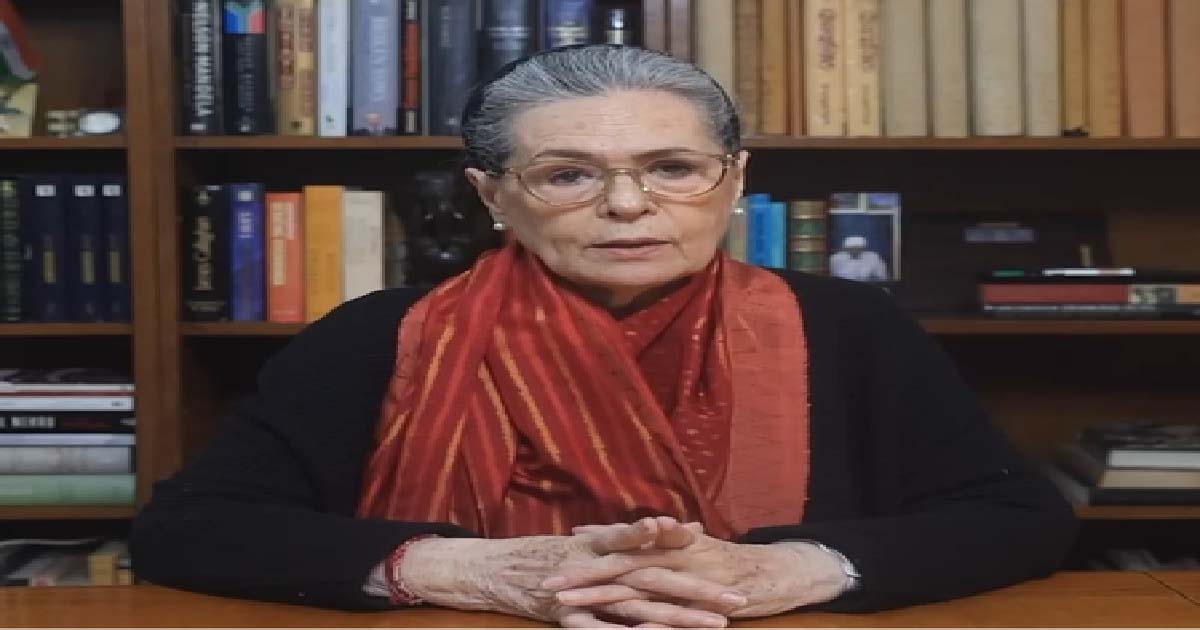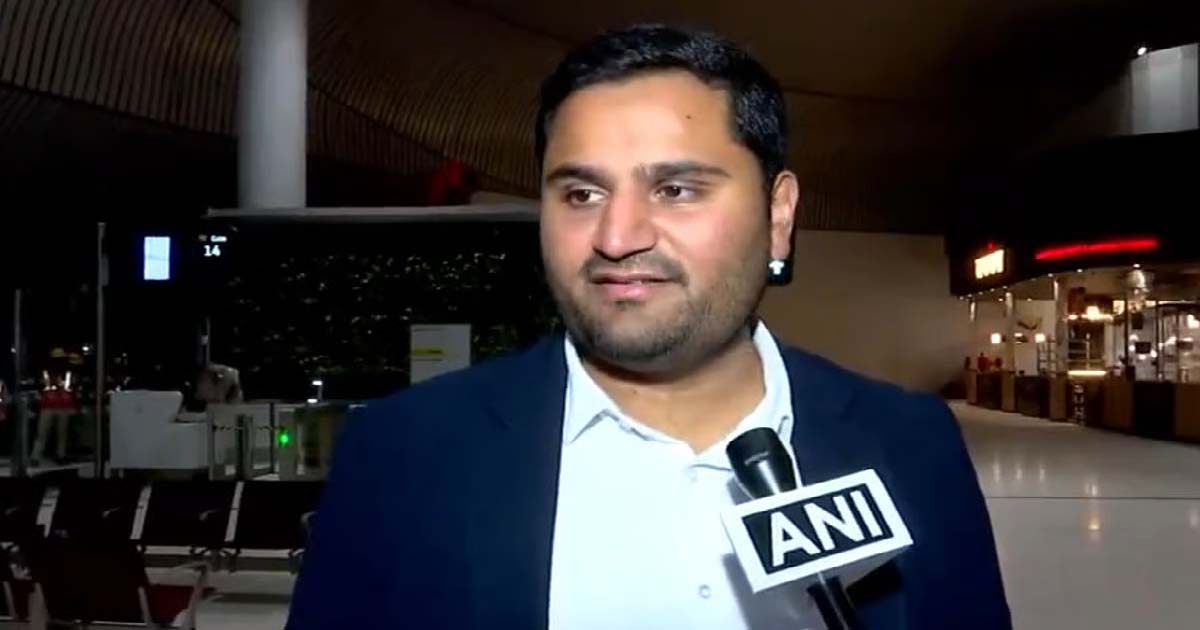National News
From Indira Gandhi to Modi, Bandipur has become world’s top tiger habitat

Then Prime Minister Indira Gandhi launched Project Tiger on April 1, 1973, at Bandipur to protect the big cats and promote their conservation in India. Since then, the project has helped in increasing their population and strengthening conservation efforts.
Fifty years later, all eyes are on Bandipur Project Tiger Reserve again, not only because Prime Minister Narendra Modi is coming there to inaugurate the celebrations to mark 50 years of Project Tiger, but bacause the reserve is recognized as the prime tiger habitat in the world today.
According to official statistics, the number of tigers when Project Tiger began in 1973 was 12. Due to rampant poaching and no protection, the big cat was pushed to the brink of extinction. As per the statistics by the National Tiger Conservation Authority the number of tigers has now been recorded at 126. The Authority has mentioned the number under the title “Status of Tigers Co-predators and Prey in India for 2018”. However, the number of tigers in the park is pegged at 173 today.
Modi will release the latest statistics of tiger estimation (2022) at the “Commemorating 50 years of Project Tiger” programme, which will be held in Mysuru on April 9.
The Bandipur National Park was formed by including most of the forest area of the then Venugopala Wildlife Park established by the government of India on February 19, 1941. The area was enlarged in 1985 extending over 874.20 square kms and was named the Bandipur National Park.
This reserve was brought under Project Tiger in 1973. Subsequently some adjacent reserve forest areas were added to the reserve extending it to 880.02 square kms. The present area under the Bandipur Tiger Reserve is 912.04 square kms.
In 2007-08, an area of 39.80 square kms attached to the Karnataka Forest Development Corporation plantation area was handed over to this division. During 2010-11 the Nugu Wildlife Sanctuary was also handed over to the wildlife division.
In old Mysore State, a forest department was established on January 11, 1864 and an army officer Major Hunter was appointed Conservator of Forests. The state’s rulers realizing the significance of the preservation of wildlife, passed the Mysore Game and Fish Preservation Act in 1901.
The Mysore Gazetteer recorded that tiger blocks were identified and restrictions were imposed on shooting them.
The Bandipur Tiger Reserve along with the Nilgiri Biosphere Reserve in Tamil Nadu including the Wayanad forest region in Kerala is home to the highest number of tigers in the country (724) and the largest Asian Elephant population.
The Bandipur Tiger Reserve has become a popular destination for wildlife enthusiasts and nature lovers from across the world because of its rich biodiversity. Anti-poaching patrols, habitat management and community based conservation programmes have yielded good results.
The authorities are dealing with the challenge of encroachment in buffer zones by the local communities. The development has resulted in man-animal conflict.
Environmentalist Dr A.N. Yallappa Reddy, talking to IANS, stated that Karnataka even today remains the leading state in preservation measures. The tiger population here is the highest in the country. The politicians and earlier the maharajas here paid attention to conservation, he added.
Karnataka was the first state to implement Project Tiger. Because of the Mysuru rulers, the state was the first in the country to declare Bandipur Sanctuary to protect tigers and elephants, he said.
Late former Chief Minister D. Devaraj Urs was also concerned about wildlife, nature, forests and tree protection. He implemented the guidelines of Project Tiger and abolished the “Pre-Paid license” scheme which allowed people to go into the forests by paying Rs 2 or Rs 3 for a pass. Hundreds of bullock carts entered the forests and people stayed there for one or two days, he explained.
Yallappa Reddy said that when he was deputy conservator of forests in Hunsur, he took Devaraj Urs to see the plunder of the forests. “He banned the practice. Simultaneously Project Tiger was implemented,” he stated.
National News
‘Bulldozer on MGNREGA’: Sonia Gandhi attacks Modi govt over G RAM G Bill

New Delhi, Dec 20: Congress Parliamentary Party (CPP) chairperson Sonia Gandhi on Saturday mounted a sharp attack on the PM Narendra Modi-led government, accusing it of systematically running a “bulldozer” over the Mahatma Gandhi National Rural Employment Guarantee Act (MGNREGA) and undermining the rights of rural poor, farmers and landless workers, terming it an “assault on rural livelihoods”.
This comes two days after the Parliament passed the VB-G RAM G Bill 2025, which escalated into a major political slugfest between the government and the opposition.
In a video message shared by the Congress on X, Gandhi recalled the passage of the landmark employment guarantee law nearly two decades ago during the tenure of former Prime Minister Dr Manmohan Singh.
She said MGNREGA was passed with broad consensus in Parliament and proved to be a “revolutionary step” that provided livelihood security to crores of rural families, particularly the most deprived and marginalised.
“The law stopped distress migration by ensuring employment in one’s own village, strengthened gram panchayats and gave a legal right to work,” Gandhi said, adding that the scheme embodied Mahatma Gandhi’s vision of Gram Swaraj.
She noted that MGNREGA acted as a lifeline for the poor during the COVID-19 pandemic.
However, the Congress leader alleged that over the past 11 years, the Modi government had made repeated attempts to dilute the scheme by ignoring the interests of the rural unemployed and poor.
She expressed “deep anguish” over what she described as recent unilateral changes to the programme.
“Without consultation, discussion or taking the opposition into confidence, the government has altered the very structure of MGNREGA. Even Mahatma Gandhi’s name has been removed,” Sonia Gandhi claimed.
She warned that decisions on who gets work, how much employment is provided and where it is offered are now being taken “from Delhi, far removed from ground realities”.
Emphasising that MGNREGA was never a party-specific initiative, Gandhi said the Congress may have played a key role in bringing the law, but it was always meant to serve national and public interest.
“By weakening this law, the government has attacked the rights of crores of farmers, labourers and landless rural poor,” she said.
Gandhi asserted that the Congress was fully prepared to resist what she termed an assault on rural livelihoods. “I fought for the employment guarantee law 20 years ago, and I remain committed to fighting this ‘black law’ today,” she said, adding that Congress leaders and workers stood firmly with the people.
Business
38 Railways projects worth Rs 89,780 crore sanctioned in Maharashtra: Centre

New Delhi, Dec 20: A total of 38 railway projects (11 new lines, 2 gauge conversion and 25 doubling) of a total length of 5,098 kms and costing Rs 89,780 crore have been sanctioned in Maharashtra (as on April 1, 2025), the government said on Saturday.
During the last three fiscals — 2022-23, 2023-24, 2024-25 and the current financial year 2025-26 — 98 surveys (29 New Line, 2 Gauge Conversion and 67 Doubling) of total length 8,603 km falling fully/partly in the state of Maharashtra, have been sanctioned, it said.
“Further, construction works on the flagship High-Speed Bullet Train project have gathered momentum in Maharashtra. Now 100 per cent of land acquisition has been completed. Works on bridges, aqueducts, etc. have been taken up,” the Railways Ministry said in a statement.
In addition, platform extension work at 34 stations to accommodate 15-car EMUs has been taken up.
To improve the capacity of the rail network in the Mumbai suburban area, the Mumbai Urban Transport Project (MUTP)-II costing Rs 8,087 crore, MUTP-III costing Rs 10,947 crore, and MUTP-IIIA costing Rs 33,690 crore have been sanctioned.
To enhance passenger carrying capacity, 238 rakes of 12 cars each with doors have been sanctioned under MUTP-III and IIIA at a cost of Rs 19,293 crore. The process for the procurement of these rakes has been taken up.
With Western DFC also passing through Maharashtra, as about 178 route km of it or about 12 per cent of the overall route length, falling in the state, the ministry said that “about 76 km of this project from New Gholvad to New Vaitarna in Maharashtra has already been commissioned. Balance works have been taken up. Connectivity of WDFC to JNPT will boost the capacity to handle cargo and container traffic from the port to Delhi NCR”.
Presently, about 120 originating Mail/Express trains and about 3,200 suburban trains are handled daily in the Mumbai area.
National News
‘We Will Be Adding 3 More Terminals’: Jeet Adani On Navi Mumbai Airport

Mumbai: As Navi Mumbai International Airport (NMIA) is set to begin commercial operations, Jeet Adani, the Director at Adani Airports Holdings Limited, on Friday shared the upcoming plans in terms of adding more terminals, runways and connectivity modes.
Speaking to Media, Jeet Adani said, “We’ll have the first terminal operational. The terminal has a capacity of about 20 million passengers, and the first southern runway is going to be operational. As we grow in terms of traffic, we will be adding three more terminals, another runway, cross-field taxiways, metro connectivity, two kinds of metro connectivity, one towards Mumbai, one towards Panvel, water taxi and helipad.”
“So every form of transportation will be connected as a true multi-modal hub should be. This will keep going on for the next 15 years. So we see between 2038-2040, that time period is where we’ll see the entire Navi Mumbai fully built out,” he added.
Prime Minister Narendra Modi on October 8 inaugurated the Navi Mumbai International Airport (NMIA), one of India’s most ambitious infrastructure projects and a defining milestone in the nation’s aviation journey.
Speaking on the occasion, the Prime Minister said that Mumbai’s long wait was over as the city had now received its second international airport. He added that the Navi Mumbai International Airport would play a major role in establishing the region as Asia’s biggest connectivity hub.
NMIA has been developed as a public-private partnership (PPP) between Mumbai International Airport Limited (MIAL), a subsidiary of Adani Airport Holdings Limited (AAHL), and the City and Industrial Development Corporation (CIDCO).
The project represents a major stride in India’s infrastructure-building vision, reflecting the Government’s agenda of Viksit Bharat 2047.
-

 Crime3 years ago
Crime3 years agoClass 10 student jumps to death in Jaipur
-

 Maharashtra1 year ago
Maharashtra1 year agoMumbai Local Train Update: Central Railway’s New Timetable Comes Into Effect; Check Full List Of Revised Timings & Stations
-

 Maharashtra1 year ago
Maharashtra1 year agoMumbai To Go Toll-Free Tonight! Maharashtra Govt Announces Complete Toll Waiver For Light Motor Vehicles At All 5 Entry Points Of City
-

 Maharashtra1 year ago
Maharashtra1 year agoFalse photo of Imtiaz Jaleel’s rally, exposing the fooling conspiracy
-

 National News1 year ago
National News1 year agoMinistry of Railways rolls out Special Drive 4.0 with focus on digitisation, cleanliness, inclusiveness and grievance redressal
-

 Maharashtra1 year ago
Maharashtra1 year agoMaharashtra Elections 2024: Mumbai Metro & BEST Services Extended Till Midnight On Voting Day
-

 National News1 year ago
National News1 year agoJ&K: 4 Jawans Killed, 28 Injured After Bus Carrying BSF Personnel For Poll Duty Falls Into Gorge In Budgam; Terrifying Visuals Surface
-

 Crime1 year ago
Crime1 year agoBaba Siddique Murder: Mumbai Police Unable To Get Lawrence Bishnoi Custody Due To Home Ministry Order, Says Report












